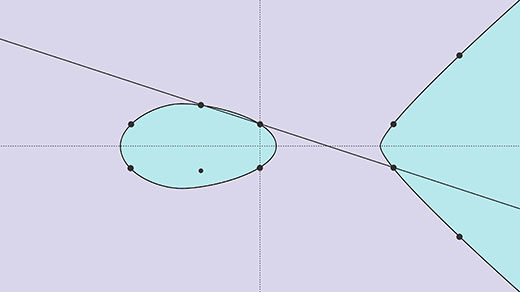In the realm of mathematics, where precision and rigor reign supreme, a perplexing question looms large – how much evidence is truly enough? Mathematicians, armed with their arsenal of axioms and theorems, find themselves grappling with this enigma in their pursuit of absolute certainty.
Unveiling the Elusive Nature of Proof
Proofs are the lifeblood of mathematics, serving as irrefutable evidence to support mathematical claims. However, without a concrete definition or universal standard for what constitutes an acceptable proof, mathematicians find themselves embroiled in debates over sufficiency. The absence of a definitive answer leaves them pondering whether there exists an ultimate threshold beyond which no further evidence is required.
Navigating Uncertainty through Rigorous Reasoning
To navigate this labyrinthine conundrum, mathematicians employ meticulous reasoning and logical deductions. They meticulously construct chains of logic that build upon established axioms and previously proven results. This process ensures that each step taken towards proving a theorem is grounded in solid foundations.
The Role of Intuition: A Double-Edged Sword
Intuition plays a significant role in mathematical exploration; however, it can also be deceptive when it comes to establishing rigorous proofs. While intuition may guide mathematicians towards promising conjectures or potential avenues for exploration, relying solely on intuitive leaps can lead to fallacious conclusions. Thus arises the need for robust evidential support to validate these intuitions.
A Never-Ending Pursuit?
In conclusion, while mathematicians continue their quest for certainty through proofs and evidence-based reasoning, they grapple with the elusive nature of sufficiency. As new frontiers of mathematics are explored and novel conjectures arise, the question of how much evidence is truly enough remains an enigma. Perhaps it is in this very pursuit that the beauty and allure of mathematics lie – a discipline where certainty may forever remain just beyond our grasp.


